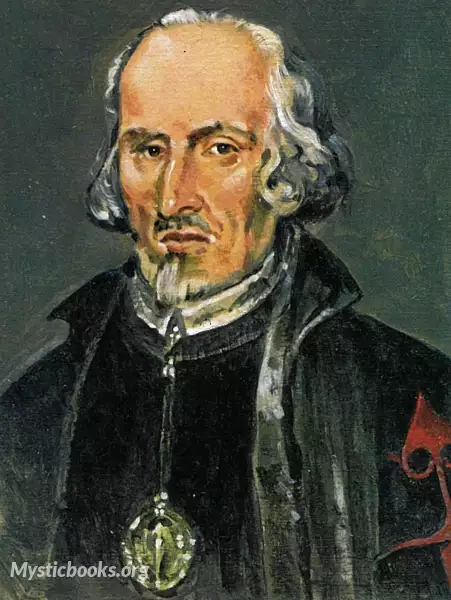
Timeline
Title
Country/Nationality
Pedro Calderón de la Barca
Pedro Calderón de la Barca y Barreda González de Henao Ruiz de Blasco y Riaño was a Spanish dramatist, poet, writer and knight of the Order of Santiago. He is known as one of the most distinguished Baroque writers of the Spanish Golden Age, especially for his plays.
Pedro Calderón de la Barca was born in Madrid on Friday, 17 January 1600, and was baptized in the parish of San Martín. His father, Diego Calderón, was a hidalgo of mountain origin (Viveda [es], Cantabria) and by paternal inheritance he had assumed the position of secretary of the Council and Chief Accounting Office of the Treasury, serving in it the kings Felipe II and Felipe III, died in 1615. His mother, Ana Gonzalez de Henao (or Henaut, Hainaut), was of Flemish or Walloon descent. According to James Fitzmaurice-Kelly, she claimed origin from the De Mons of Hainault. She died when Calderón was ten years old, in 1610.
Between 1620 and 1622 Calderón won several poetry contests in honor of St Isidore at Madrid. Calderón's debut as a playwright was Amor, honor y poder, performed at the Royal Palace on 29 June 1623. This was followed by two other plays that same year: La selva confusa and Los Macabeos. Over the next two decades, Calderón wrote more than 70 plays, the majority of which were secular dramas written for the commercial theatres.
Calderón served with the Spanish army in Italy and Flanders between 1625 and 1635. By the time Lope de Vega died in 1635, Calderón was recognized as the foremost Spanish dramatist of the age. Calderón had also gained considerable favour in the court, and in 1636–1637 he was made a knight of the Order of Santiago by Philip IV, who had already commissioned from him a series of spectacular plays for the royal theatre in the newly built Buen Retiro palace. On 28 May 1640 he joined a company of mounted cuirassiers recently raised by Gaspar de Guzmán, Count-Duke of Olivares, took part in the Catalan campaign, and distinguished himself by his gallantry at Tarragona. His health failing, Calderón retired from the army in November 1642, and three years later was awarded a special military pension in recognition of his services in the field.
Calderón's biography during the next few years is obscure. His brother, Diego Calderón, died in 1647. A son, Pedro José, was born to Calderón and an unknown woman between 1647 and 1649; the mother died soon after. Calderón committed his son to the care of his nephew, José, son of Diego. Perhaps for reasons relating to these personal trials, Calderón became a tertiary of the order of St Francis in 1650, and then finally joined the priesthood. He was ordained in 1651, and became a priest at San Salvador church, in Madrid. According to a statement he made a year or two later, he decided to give up writing secular dramas for the commercial theatres.
Though he did not adhere strictly to this resolution, he now wrote mostly mythological plays for the palace theatres, and autos sacramentales—one-act allegories illustrating the mystery of the Eucharist—for performance during the feast of Corpus Christi. In 1662, two of Calderón's autos, Las órdenes militares and Mística y real Babilonia, were the subjects of an inquiry by the Inquisition; the former was censured, its manuscript copies confiscated, and remained condemned until 1671.
Calderón was appointed honorary chaplain to Philip IV in 1663, and continued as chaplain to his successor. In his eighty-first year he wrote his last secular play, Hado y Divisa de Leonido y Marfisa, in honor of Charles II's marriage to Maria Luisa of Orléans.
Notwithstanding his position at court and his popularity throughout Spain, near the end of his life Calderón struggled with financial difficulties, but with the motivation of the Carnival of 1680 he wrote his last work of comedy, Hado y divisa de Leonido y de Marfisa. He died May 25, 1681, leaving only partially complete the autos sacramentales that he had been working on for that year. His burial was austere and unembellished, as he desired in his will: "Uncovered, as if I deserved to satisfy in part the public vanities of my poorly spent life". In this manner he left the theatres orphaned in which he was considered one of the best dramatic writers of his time.
Books by Pedro Calderón de la Barca
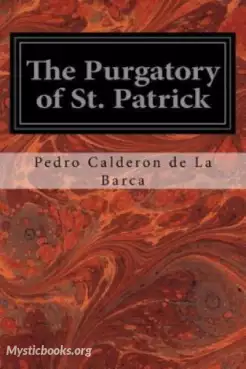
The Purgatory of St. Patrick
This is a "mystical drama founded on the lives of Saints. Mr. Ticknor prefers it to the more celebrated 'Devotion of the Cross,' and says that it 'is commonly ranked among the best religious plays of the Spanish theatre in the seventeenth century.' I...
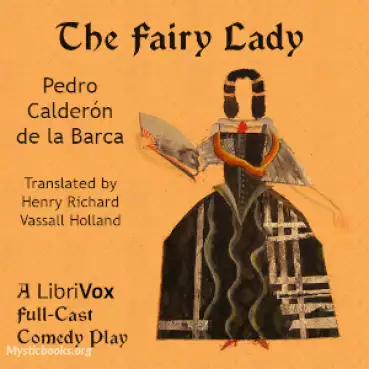
The Fairy Lady
The Fairy Lady is a play written by Pedro Calderón de la Barca, a Spanish Baroque playwright and poet. The play was first performed in 1629, and it is considered one of his most important works. The play is a romantic comedy that centers around the c...
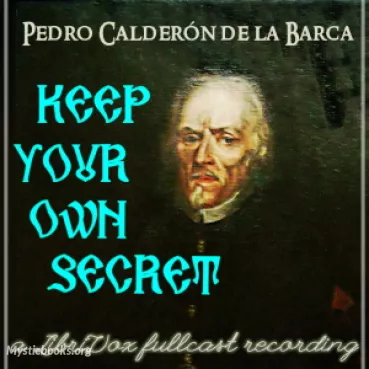
Keep Your Own Secret
The play centers around the lives of two brothers, Octavio and Flavio, who both fall in love with the same woman, Rosaura. The story delves into themes of love, honor, jealousy, and the consequences of betrayal. Calderón de la Barca is known for his...
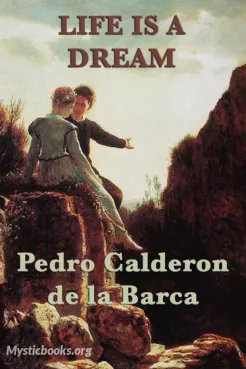
Life is a Dream
Life is a Dream by Pedro Calderón de la Barca is a philosophical allegory that explores the nature of reality and the free will of the individual. The play tells the story of Segismundo, a prince who has been imprisoned in a tower since birth by his...
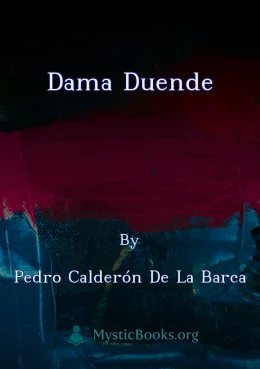
Dama Duende
La dama duende, by Pedro Calderón de la Barca, is a classic Spanish Golden Age comedy. It revolves around the misunderstandings and intrigues arising from the belief in duendes (goblins or sprites). Don Manuel, a nobleman, is convinced that a duende...
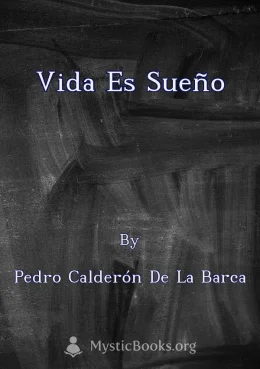
vida es sueño
La vida es sueño (Life is a Dream) is a play by Spanish playwright Pedro Calderón de la Barca, written in 1635. It is considered one of the masterpieces of the Spanish Golden Age. The play explores the themes of free will, fate, and identity through...
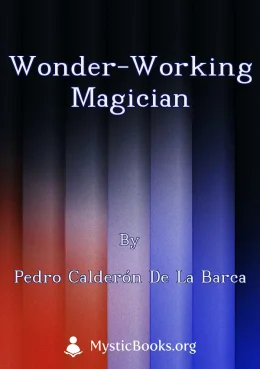
Wonder-Working Magician
Calderón de la Barca's "Wonder-Working Magician" is a complex and multifaceted play that explores themes of love, betrayal, magic, and the power of fate. Cyprian, a magician seeking revenge against the Governor of Antioch, uses his dark powers to man...
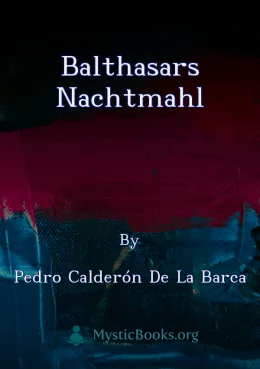
Balthasars Nachtmahl
Das Stück basiert auf der biblischen Geschichte des Gastmahls des Belsazar, wie sie im Buch Daniel im Alten Testament erzählt wird. König Belsazar feiert ein rauschendes Fest anlässlich seiner Vermählung mit einer weiteren Frau und entweiht dabei die...